 One evening, my husband Don was watching Sci-Fi on TV. I was cooking and could hear it. A man said to a woman, “To heal your wounds, you must see the past clearly.”
One evening, my husband Don was watching Sci-Fi on TV. I was cooking and could hear it. A man said to a woman, “To heal your wounds, you must see the past clearly.”
This woman had been mad at her mother her whole life. Her mother was killed in the jungle while trying to catch a spider known for its miraculous healing properties. Before dying, the mother delivered her child, who lived. The woman believed her mother went because of the wealth the spider would bring. She wondered why her mother had cared so little about her unborn child.
The man sent the woman into the past, to the jungle. She saw her mother’s excitement when they caught the spider. She saw her mother being attacked, then deliver her baby, and die. Those helping the mother used the spider venom on the baby’s tiny body. The woman had not known that her life was in danger, and her mother had gone into the jungle to save her.
When the woman returned to the present, she said to the man, “I didn’t know she was trying to save me. I didn’t have all the information and assumed she didn’t love me enough to keep herself out of harm’s way.” This woman physically returned to the past to get facts and clarity about something she didn’t understand, and it was life-changing.
I have heard all my life that you can’t change the past. You can’t go back. You have to let it go and move on. I no longer accept this counsel. I have experienced that we can change the past, at least in our minds, how it affects our present and future, and you don’t need to go there physically to do it.
The second perception experience was with my 50+ year old son, Seth. He has lived on Jodie’s property, where I live in our four-generation home, for over a year. It’s been nice to have his presence and help. We have all benefited, including Seth. His reason for coming here, from Montana, which he loves, was to take a series of classes to help him do some healing work. You see, no one’s past is trauma-free. It is the bag thing. : )
where I live in our four-generation home, for over a year. It’s been nice to have his presence and help. We have all benefited, including Seth. His reason for coming here, from Montana, which he loves, was to take a series of classes to help him do some healing work. You see, no one’s past is trauma-free. It is the bag thing. : )
After Seth finished his classes, he began working as staff/support for others on the same path. That fulfilling way to spend time is what has anchored him here. A few weeks ago, after working at a session, he had the opportunity to share an experience, to illustrate to those in the session that yes, you can change the past. The listeners were moved. Since then, he has been asked to share with others.
I asked Seth to write his experience so I could share it with you.
The Fundamentals of Changing Your Past by Seth Johnson
I am sure many of us, at different points in our lives, have said, “If I could just go back in the past and change that one thing, my life would be so different”. That sentiment is something I have said to myself hundreds of times.
Is it possible to change your past?
Yes, it is. You may be asking yourself, “How is that possible?” Well, it’s possible through rewriting the story and changing your perception of the memory you acquired through that experience. What does that mean?
What are the fundamentals of our past?
The fundamental aspect of our past is not the actual experience but the perception we create in our memory of that experience, which can either be good or bad in relation to how it affects our life. So, by rewriting our perception of the past, we then change our past.
A Real-life Example
“I spent 20 years hating my ex-wife. I told myself that she was a terrible person, that she destroyed my life, and the self-confidence I had, that I would never forgive her for stealing my dog, etc. etc. I have spent the last year and a half going through some personal development training and although what I am speaking of here was not necessarily one of the topics in class, I found this knowledge along the way.
The answer to changing my past was through rewriting the story, thus changing my perception of how I feel about her. I do not hate her anymore, and I never actually did. I truly love her and wish her the best in life. She did not destroy my self-confidence. I chose to be in a situation that created a beautiful learning experience. Not everything was bad; we shared beautiful times, and we loved each other in the way we knew how to love, which was distorted through early experiences in life regarding love. Neither of us knew how to show love healthily.
I chose to carry that hate and hurt for 20 years. It was never about the actual things she did along the way. I wasn’t perfect either and played a part in it all. It was the perceptions I placed into my memories regarding the so-called “bad things” she had done. The moment I re-wrote the story, it changed the perception of the story of my past, thus changing my past.”
Our Perception Does Matter
When something good or bad happens, we perceive others’ intentions and motives. Then we create our story around what we have chosen to believe. That isn’t always bad. But occasionally it’s helpful to rewrite a story and take a second look at an experience, if it is causing us pain, sorrow, grief, or another unhealthy response that negatively affects our life.
This is simple, but like many simple things, it isn’t easy. We can’t magically send ourselves back to an experience and watch it as if it were a movie where we are privy to what we didn’t know or understand. However, we can take our minds back. We can take a second look. We can give others the benefit of the doubt and think the best. We can choose to forgive even if the offender had bad motives or committed a terrible wrong.
And why would we do this instead of just holding the other person accountable? So we can free ourselves, to heal, to move forward, and have a better life
I know from my and Seth’s experience that when we understand the power our perception has, no matter our age, we can change the past, at least how it affects us going forward.



 My granddaughter joined a group called
My granddaughter joined a group called  hamburger bits as small as I wanted them for a particular dish. I grabbed the meat chopper, because it was close, and cut up the partially cooked chunks. Hmmm, that was easy even though the meat was hot and partially cooked. I could have gotten the job done with a spoon, but it would have taken more time.
hamburger bits as small as I wanted them for a particular dish. I grabbed the meat chopper, because it was close, and cut up the partially cooked chunks. Hmmm, that was easy even though the meat was hot and partially cooked. I could have gotten the job done with a spoon, but it would have taken more time.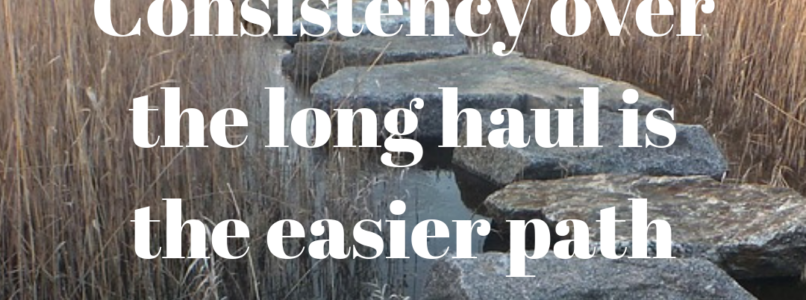
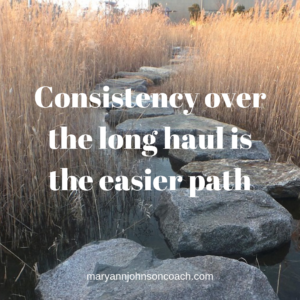
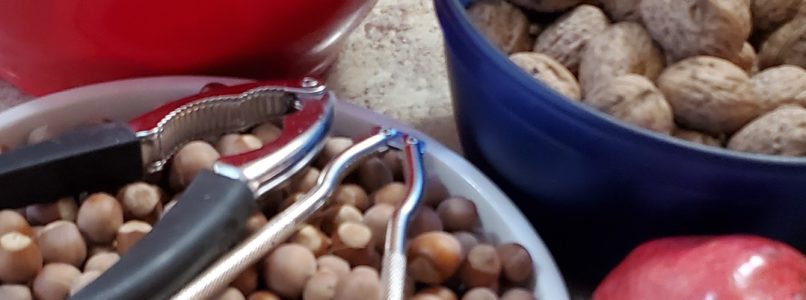
 This season I have been thinking back to Christmases past and the traditions that my parents passed on to me. My parents were masters at making the holiday fantastic and I am in awe of their ability to make something special out of so little.
This season I have been thinking back to Christmases past and the traditions that my parents passed on to me. My parents were masters at making the holiday fantastic and I am in awe of their ability to make something special out of so little.
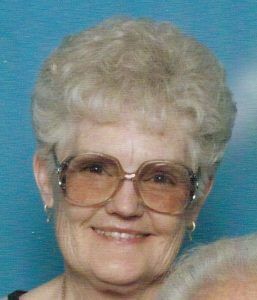


 Merry Christmas and Happy New Year!
Merry Christmas and Happy New Year! • Understand that the first step in change is awareness. When you mess up and then recognize the mess up, rejoice. You are in the first step. Don’t stress about how long you stay on step one. Don’t quit!
• Understand that the first step in change is awareness. When you mess up and then recognize the mess up, rejoice. You are in the first step. Don’t stress about how long you stay on step one. Don’t quit!
 who reminded him of the principle we’ve been discussing—simple things, done over time consistently, bring significant results. His servant said, “If the prophet had bid thee do some great thing, wouldest thou not have done it? How much rather then, when he saith to thee, Wash, and be clean?” (2 Kings 5:13).
who reminded him of the principle we’ve been discussing—simple things, done over time consistently, bring significant results. His servant said, “If the prophet had bid thee do some great thing, wouldest thou not have done it? How much rather then, when he saith to thee, Wash, and be clean?” (2 Kings 5:13).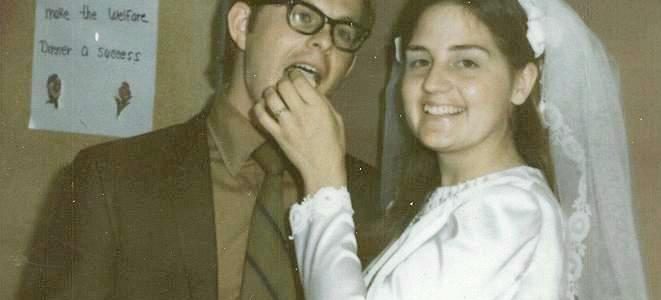
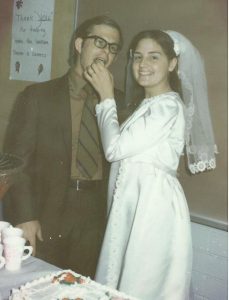 When I was a senior in high school I took a final sewing class. I picked out some darling pink and brown striped material for an outfit and went to work knowing that it was going to be fabulous. When I put it on the crotch was at my knees, the zipper zipped up the inside and the facing was on the outside. I had done my very best and my best stunk!
When I was a senior in high school I took a final sewing class. I picked out some darling pink and brown striped material for an outfit and went to work knowing that it was going to be fabulous. When I put it on the crotch was at my knees, the zipper zipped up the inside and the facing was on the outside. I had done my very best and my best stunk! absolutely every effort to learn to sew. I had asked for help from the experts in my life. I had put in the time. I had practiced repeatedly. I asked God to help me remember everything I had learned. I asked that I would understand the directions fully and that I wouldn’t make any more mistakes. And guess what, I didn’t. I sewed that dress without having to pick out another seam. I knew what to do and I did it well. The dress was simple but beautiful. In fact, my cousin was married in that almost 50-year-old dress this fall.
absolutely every effort to learn to sew. I had asked for help from the experts in my life. I had put in the time. I had practiced repeatedly. I asked God to help me remember everything I had learned. I asked that I would understand the directions fully and that I wouldn’t make any more mistakes. And guess what, I didn’t. I sewed that dress without having to pick out another seam. I knew what to do and I did it well. The dress was simple but beautiful. In fact, my cousin was married in that almost 50-year-old dress this fall.